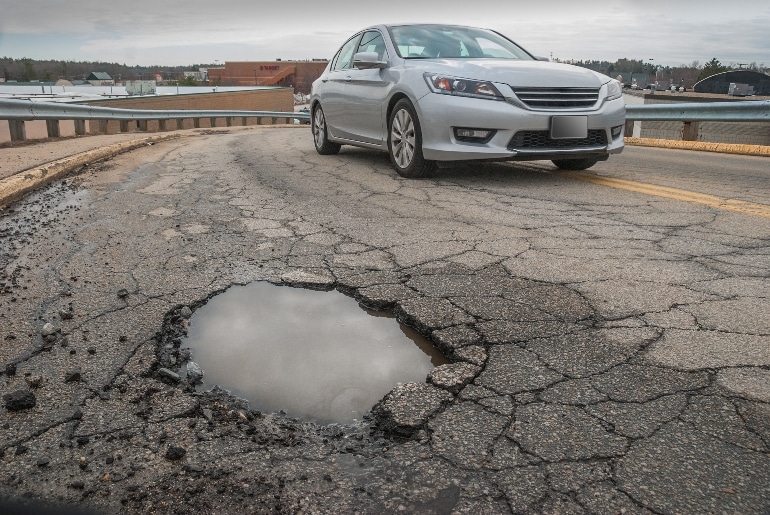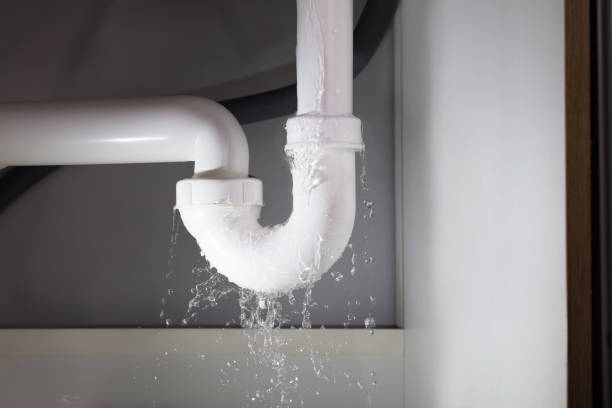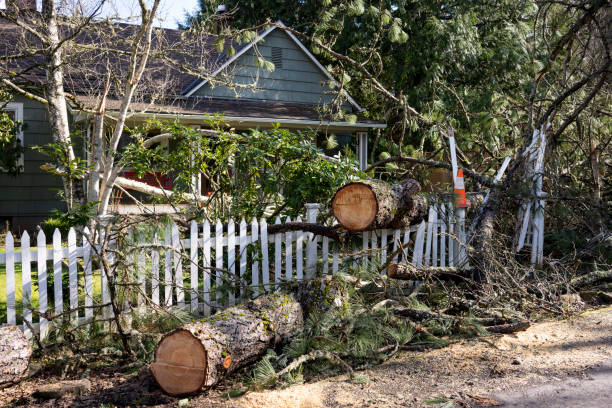We all know the old adage “April showers bring May flowers.” And while that may be true, all of that rain also brings a major driving hazard–potholes.
Each year, about 1 in 10 drivers experiences car damage severe enough to require a repair, according to AAA, which says the average cost is about $600 per repair.
Luckily, there are several smart moves drivers can make to help minimize and hopefully steer clear of the damage that these rocky pavement pits might cause.

How to Avoid Pothole Damage
Drive Cautiously and Stay Alert
Maintaining a safe distance between you and the vehicle in front of you will make it easier to see potholes and other hazards well before you encounter them. A 3-second distance, or at least a car length, is recommended. Stay focused on the road and avoid distractions, especially on unfamiliar roads. Before swerving around a pothole, check your surroundings so you do not collide with another vehicle or endanger nearby pedestrians or cyclists.
Avoid Puddles
Drive slowly or avoid puddles altogether if possible, as they can conceal a deep pothole that could cause major damage.
Minimize Damage
Avoiding a pothole is not always possible, but there are ways to minimize damage.
- Slow down: If impact is unavoidable, try to slow down as much as possible before hitting the pothole. However, do not hard brake into the pothole, as that will transfer the weight to the front of the car, compressing the tires. Doing so could increase the risk of damage.
- Stay Straight: You most likely will not have time to check all of your mirrors before hitting the pothole, so do not swerve into another lane. Instead, stay straight and attempt to strattle the pothole as much as possible.
- Hold on Tight: Grip the steering wheel tightly to prevent the tires from jerking.

You’ve hit a pothole, now what?
Pay attention to how your car drives immediately after impact. If you feel any pulling, shaking, or other unusual behavior it is a good idea to find a safe, flat place to pull over to assess damages. Check all tires and wheels, and take photos of any issues you see. Even if there is no visable damage, there could be problems with the alignment or suspension, so it is a good idea to have the vehicle checked out by a qualified mechanic.
Remember, at Farm Bureau Insurance we have local agents and adjusters ready to help. If you have suffered damages due to a pothole, please call our toll-free, 24/7 claims number at 1-866-275-7322.


